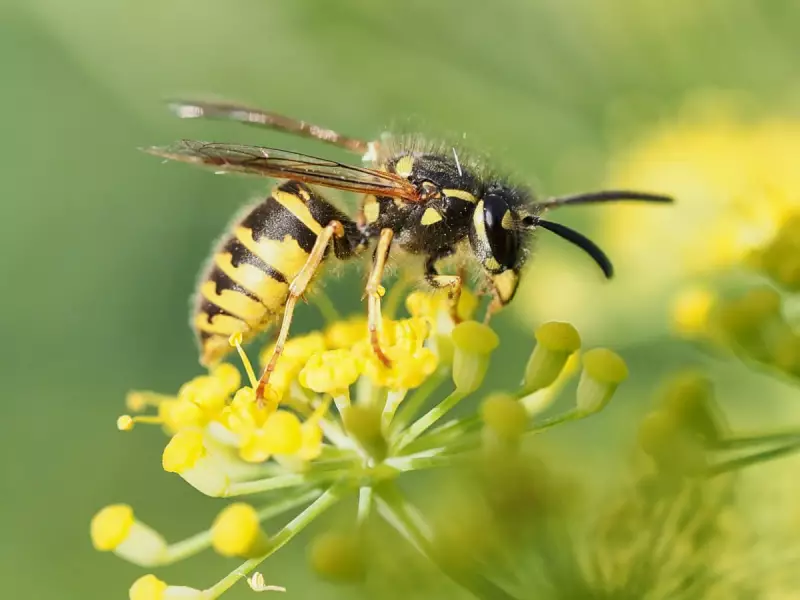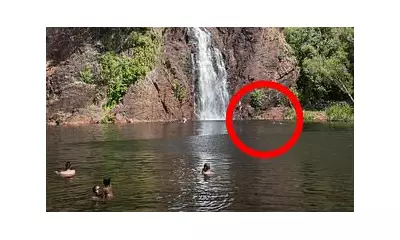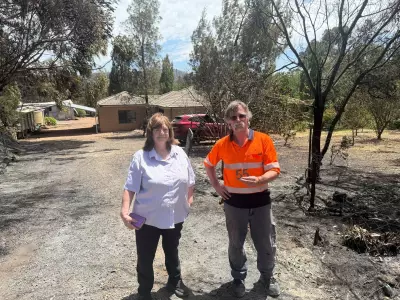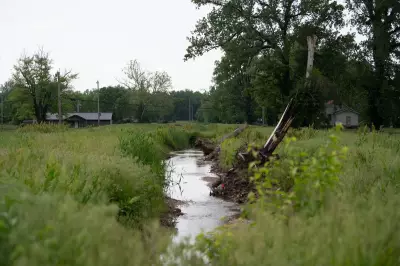
Britons are being warned to brace for a significant surge in wasp activity this summer, as an unusually warm and dry spring has created the perfect conditions for populations to boom. The Met Office's confirmation of record-breaking spring weather has had a direct and buzzing consequence.
Unlike last year's washout summer, which suppressed numbers, the consistent warmth and sunshine from March through May allowed queen wasps to establish nests early and without disruption. This head start means colonies are not only more numerous but also larger than in recent years.
Why This Season is Different
The phenomenon is a stark example of how short-term weather patterns directly impact local ecosystems. The dry soil made it easier for queen wasps to burrow and build their foundational nests, while the lack of heavy rain and storms prevented the widespread destruction of these early colonies.
Professor Adam Hart, an entomologist from the University of Gloucestershire, explains: "A good spring really sets the colonies up well. The queens are able to start their nests without being hampered by cold or wet weather. That early advantage translates into much bigger colonies by the time we get to July and August."
From Helpful Pest Controllers to Aggressive Sugar Seekers
Early in the season, wasps are broadly beneficial, acting as natural pest controllers by hunting caterpillars and flies to feed their larvae. However, their behaviour undergoes a dramatic shift in late summer.
Once the queen stops laying eggs and the colony's internal structure breaks down, the worker wasps lose their purpose. They are left unemployed and begin searching for sugary foods and drinks to satisfy their own energy needs. This is when they become the persistent and aggressive nuisances that disrupt pub gardens, picnics, and outdoor gatherings.
Practical Advice for a Wasp-Heavy Summer
With the surge already underway, experts are offering practical advice to the public:
- Stay calm and avoid swatting: Swatting a wasp can agitate it and provoke a sting. It also releases alarm pheromones that attract other wasps from the colony to defend their nest-mate.
- Cover food and drink: Keep sweet foods and sugary drinks covered when eating outdoors. Be particularly cautious with open cans of soft drinks.
- Use deterrents: Placing a bowl of crushed mint or cloves on a table can help deter wasps. Commercially available fake nests can also sometimes discourage wasps from building nearby.
- Never disturb a nest: If you discover a nest on your property, do not attempt to remove it yourself. Always contact a professional pest control service.
This season's wasp surge serves as a potent reminder of the intricate connections between climate trends and the wildlife living right in our back gardens.





